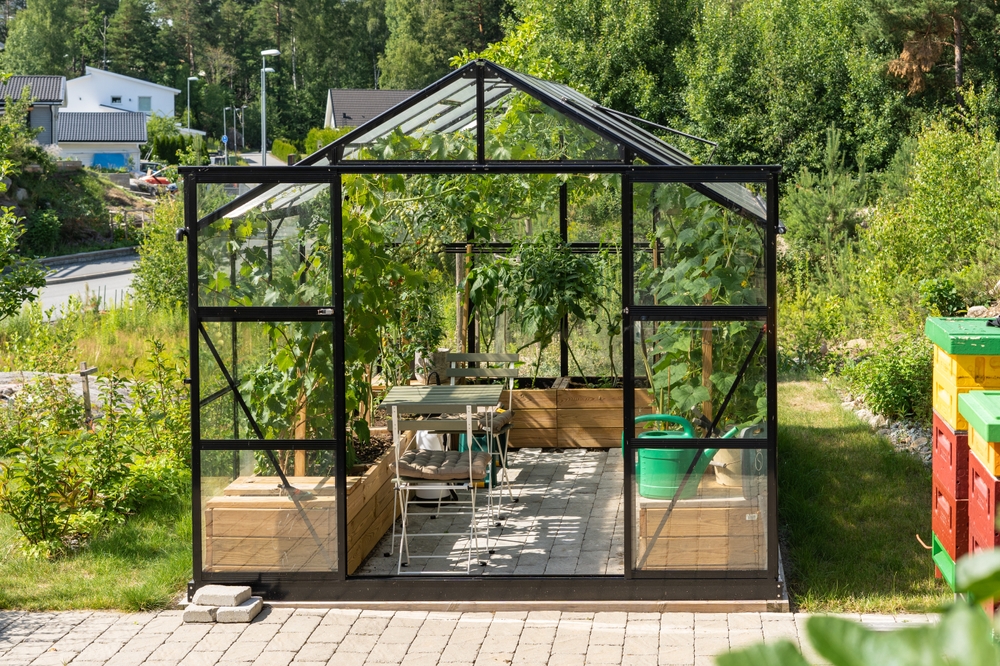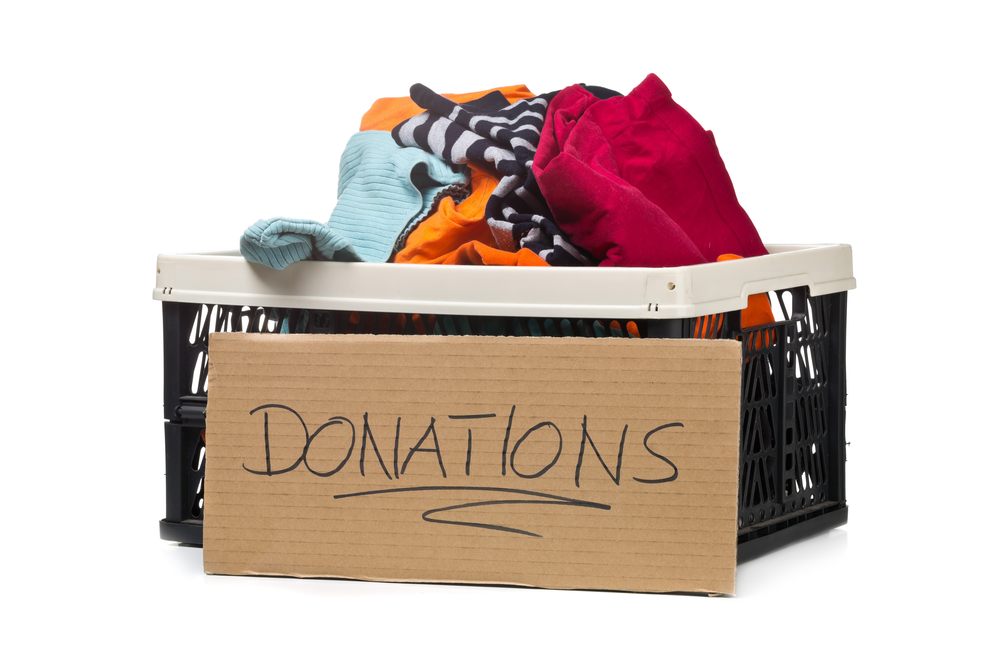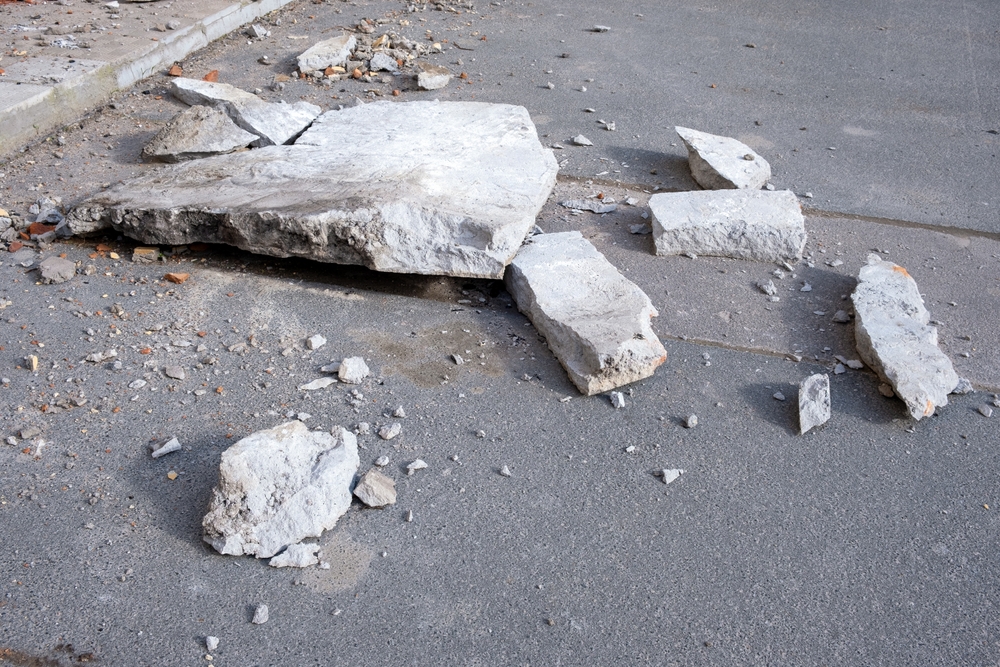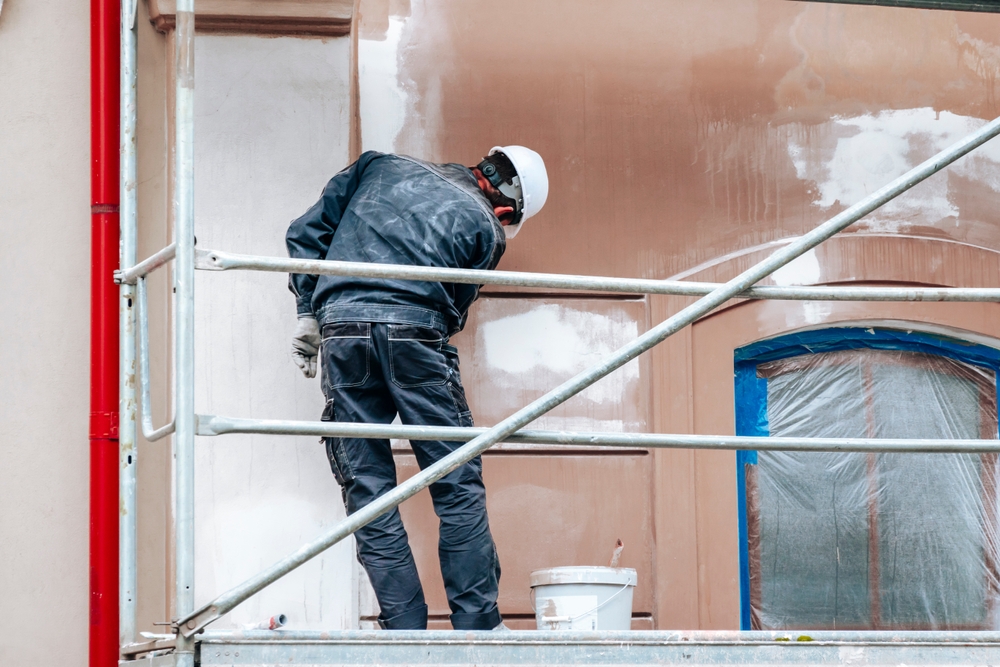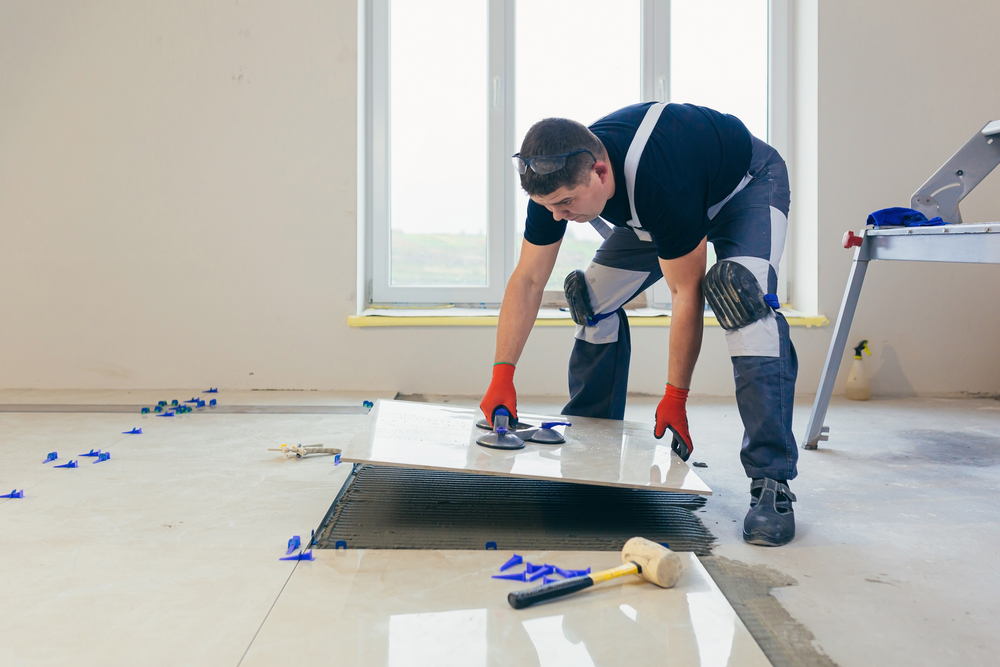February 12, 2024 - Benjamin Ehinger
What Items Does Goodwill Not Accept: Unacceptable Donations Explained
CALL NOW 844-762-8449
When deciding to declutter your home and give back to the community, Goodwill often comes to mind as a destination for donated items. However, before loading up your car with goods, it’s essential to know that Goodwill strives to take in only what can be useful for others. As such, there are specific items they are unable to accept, mainly for safety, legal, or sanitary reasons. From hazardous materials to large appliances, taking a moment to understand Goodwill’s donation guidelines can save you time and effort.
On occasions where you find items that Goodwill won’t accept, you might consider alternative disposal methods. One such option is utilizing a residential dumpster rental, providing a practical way to handle larger volumes of waste that are not suitable for donation. By doing so, you ensure your items are disposed of responsibly, while also making a difference with the donations that Goodwill can accept.
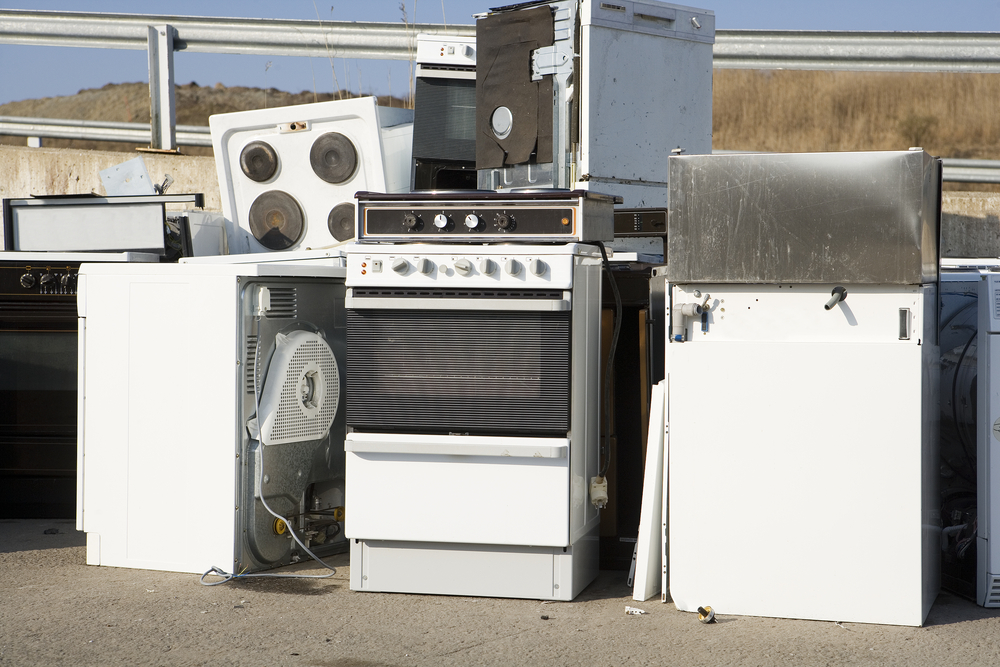 Goodwill strives to recycle and sell donations to support community programs, but due to safety regulations, environmental concerns, and reselling viability, certain items, including large appliances, are not accepted.
Goodwill strives to recycle and sell donations to support community programs, but due to safety regulations, environmental concerns, and reselling viability, certain items, including large appliances, are not accepted.
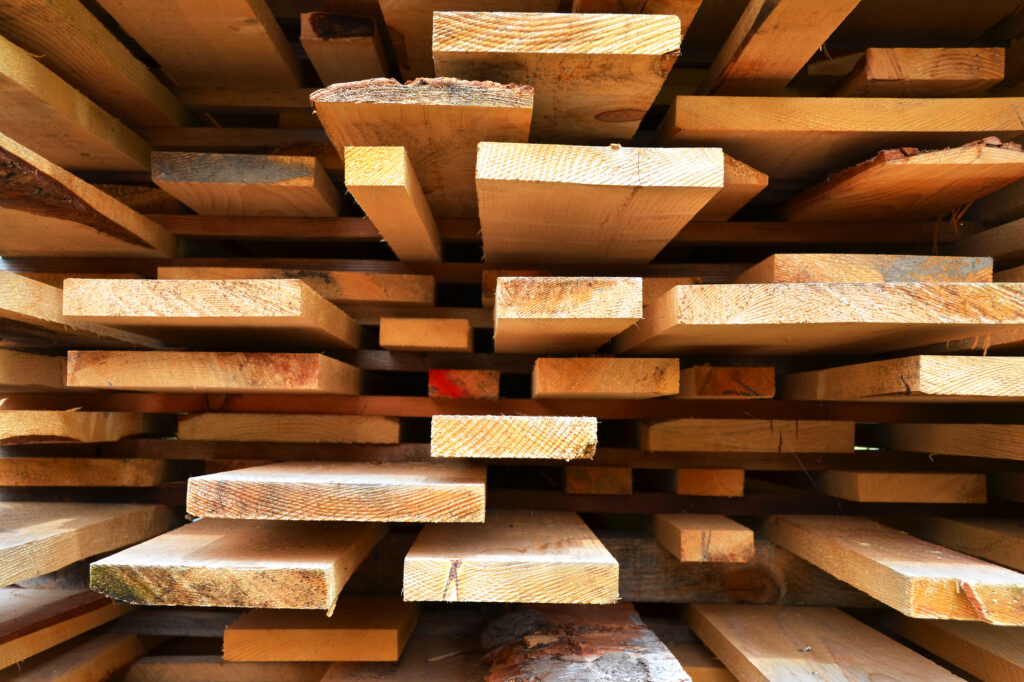 When you’re clearing out construction materials from your recent project or renovation, Goodwill does not accept these items. However, you can utilize a construction dumpster rental for efficient disposal of materials that cannot be donated.
When you’re clearing out construction materials from your recent project or renovation, Goodwill does not accept these items. However, you can utilize a construction dumpster rental for efficient disposal of materials that cannot be donated.
In addition, it’s crucial to check if an item’s legal status may vary by location. Some regions have specific rules about what can and cannot be sold or donated.
Please, when in doubt, consult with your local Goodwill or visit their guidelines online (e.g., Goodwill help center) for the most up-to-date information on donation acceptability. It’s your responsibility to ensure compliance with legal restrictions when donating.
Key Takeaways
- Goodwill does not accept certain items due to safety, legal, or sanitary concerns.
- Consider a residential dumpster rental for disposing of items that cannot be donated.
- Understanding Goodwill’s guidelines ensures a smoother donation process.
General Overview of Unacceptable Items
When considering donating to Goodwill, it’s important to know which items they cannot accept. Your donated items should always be in a condition that allows them to be resold or repurposed, benefiting both the community and Goodwill’s mission. However, for reasons such as safety, legality, sanitation, and environmental concerns, certain items are not suitable for donation. Items generally not accepted include:- Hazardous materials: Chemicals, paint, or anything flammable.
- Personal care items: Used cosmetics or personal hygiene products.
- Mattresses and box springs: Due to sanitary laws and potential for infestation.
Hazardous Materials
When donating to Goodwill, you must exclude hazardous materials due to safety risks and regulatory prohibitions. These items are also unsuitable for disposal with your home dumpster rental.Flammable Products
Goodwill cannot accept items that are inherently flammable. This includes items like:- Aerosol cans: Regardless of content, whether empty or full.
- Certain cleaning agents that may contain combustible elements.
Chemicals
Donating products labeled as chemicals is not allowed. Examples include, but are not limited to:- Household cleaners
- Pesticides
- Paints: Including cans of house paint, automotive paint, or other types of finishes and varnishes.
Batteries
Batteries of any kind, especially car batteries, are on the list of items Goodwill cannot accept. Here’s why:- They contain hazardous materials that can leak.
- There are risks related to corrosion and short-circuiting.
Large Appliances
 Goodwill strives to recycle and sell donations to support community programs, but due to safety regulations, environmental concerns, and reselling viability, certain items, including large appliances, are not accepted.
Goodwill strives to recycle and sell donations to support community programs, but due to safety regulations, environmental concerns, and reselling viability, certain items, including large appliances, are not accepted.
Refrigerators
You should be aware that refrigerators are among the large appliances that Goodwill generally does not accept. The reasons for this include the size, energy regulations, and safe disposal concerns associated with refrigerant chemicals.Air Conditioners
Similarly, air conditioners are not accepted by Goodwill given the complexities of recycling and safety issues tied to the refrigerants and potential for chemical leaks. Before you decide to donate, consider the need for certified handling of such items.Dishwashers
Dishwashers are also on the list of items you cannot donate to Goodwill.- The issues of installation requirements
- Potential water damage
- High delivery costs make it impractical for Goodwill stores to handle these appliances
Personal Care Items
When you’re considering donating to Goodwill, it’s essential to be aware of the specific types of personal care items that are not acceptable due to health and safety concerns.Used Bedding
Goodwill does not accept used bedding including:- Mattresses and box springs
- Used pillows
- Bed bug infested bed linens
- Waterbeds
Medical Supplies
Medical supplies are generally not accepted, particularly if they are:- Opened or used
- Expired
- Prescription-based
Construction Materials
 When you’re clearing out construction materials from your recent project or renovation, Goodwill does not accept these items. However, you can utilize a construction dumpster rental for efficient disposal of materials that cannot be donated.
When you’re clearing out construction materials from your recent project or renovation, Goodwill does not accept these items. However, you can utilize a construction dumpster rental for efficient disposal of materials that cannot be donated.
Lumber
Goodwill does not accept lumber of any kind. This includes:- Unfinished wood
- Used planks
- Scrap wood Since these items are typically bulky and may contain nails or hazardous chemicals, donating them isn’t an option. Instead, consider recycling lumber wherever possible or renting a dumpster specifically for construction waste.
Plumbing Goods
Items classified under plumbing goods that are not accepted by Goodwill are, but not limited to:- Pipes
- Sinks
- Faucets *It is essential to discard these in accordance with local regulations, so renting a local dumpster for these items could be your best disposal solution.
Electronics
When considering electronics to donate to Goodwill, it’s crucial to be aware that not all devices are accepted. Specifically, certain types of TVs and computer monitors may be refused due to their hazardous materials and disposal costs.Televisions
Goodwill generally does not accept older cathode-ray tube (CRT) televisions. These bulkier TVs contain hazardous materials that can be environmentally harmful. As technology has progressed, CRT televisions have become less desirable and more difficult to recycle.Computer Monitors
Similar to televisions, CRT monitors are often not accepted by Goodwill. However, some Goodwill locations might accept flat-panel monitors, but this can vary widely so it’s advised to check with your local Goodwill store for their current policy. Always confirm before attempting to donate, as improper disposal of these monitors can lead to environmental damage.Weapons and Ammunition
When considering donations to Goodwill, it’s essential for you to understand that certain items are beyond the scope of what they can accept for resale or distribution. Among these are weapons and ammunition. Goodwill’s commitment to safety and legal compliance makes it necessary to exclude these items from their donation list. You must not donate:- Firearms: This encompasses all types of guns including handguns, rifles, and shotguns.
- Ammunition: Any caliber or type of bullets and shells are not accepted.
- Explosives: Items such as fireworks and flares are prohibited.
- Other weapons: Blades (such as swords, kitchen knives with blades over four inches, and switchblades), brass knuckles, and other weaponry are not suitable for donation.
- Safety Concerns: For the safety of staff and shoppers, weapons could pose a significant risk.
- Legal Restrictions: Due to varying laws regarding the sale and transfer of firearms and other weapons, it is not feasible for Goodwill to manage these items.
Automotive Hazards
When considering donations to Goodwill, you need to be aware that certain automotive parts are not accepted due to safety hazards and environmental regulations. Specifically, items like used tires and car batteries are not accepted.Tires
Goodwill cannot accept your used tires. Tires are subject to specific disposal procedures to protect the environment, and thus Goodwill is unable to process them.Car Batteries
Similarly, car batteries should not be brought to Goodwill. These batteries contain harmful chemicals and metals that require proper recycling methods not provided by Goodwill. For more information on what items Goodwill cannot accept as donations, you can refer to their official guidelines.Recalled or Unsafe Items
When considering donations to Goodwill, your safety and the safety of the end-user are of utmost priority. Goodwill does not accept any items that have been recalled, which includes, but is not limited to, baby cribs, car seats, and items with lead paint. Such products pose significant hazards and often violate federal safety standards. Moreover, items deemed unsafe—those that are broken, damaged, or have parts missing—are not suitable for donation. This is because they could cause harm if used without proper repair or replacement of the missing components. Here is a quick rundown of recalled or unsafe items typically not accepted:- Baby equipment that does not meet current safety standards (e.g., cribs with drop sides)
- Electrical items with frayed or exposed wiring
- Heating equipment with a history of causing fires, such as certain models of space heaters
- Toys with small parts that present a choking hazard for children
Non-Operational Electronics and Appliances
When decluttering your home, you might consider donating unused electronics and appliances. However, it’s important to recognize that Goodwill does not accept non-operational electronics and appliances. These items pose safety hazards and cannot be sold to support Goodwill’s mission.What You Cannot Donate:
- Computers: If your old desktop or laptop isn’t turning on, it’s best to look for recycling programs specifically designed for electronics.
- Monitors
- Keyboards
- Mice
- Printers
- Entertainment Equipment: All donated items such as TVs, DVD players, and gaming consoles need to be functional.
- Stereo systems
- Speakers
- Game consoles
- Small Appliances: Kitchen gadgets should work properly. Broken toasters, blenders, or microwaves are not accepted.
- Large Appliances: Non-working refrigerators, stoves, washing machines, and dryers cannot be accepted by Goodwill.
- Miscellaneous Electronics: Broken cell phones, tablets, and other personal electronics should be recycled correctly.
Items with Legal Restrictions
When you consider donating items to Goodwill, it’s important to be aware of the legal restrictions that apply to certain types of goods. These items are typically not accepted due to the potential for harm, legal complexities, or safety concerns. Hazardous Materials: You cannot donate items that are considered hazardous. Examples include:- Paints and solvents
- Batteries containing lead/acid
- Chemicals and related products
| Not Accepted | Reason |
|---|---|
| Hazardous Materials | Safety/Legal risks |
| Weapons | Strict regulations |
| Recalled Products | Manufacturer liability |
Frequently Asked Questions about What Items Does Goodwill Not Accept
Which types of clothing items are unsuitable for donation to Goodwill?
Goodwill does not accept wet, mildewed, or contaminated clothing, as well as items that have been recalled or deemed unsafe.Are there specific household goods that Goodwill prohibits from donation?
Yes, Goodwill cannot accept hazardous materials, items with broken or missing parts, or items that do not comply with safety standards.Can I donate furniture items, such as wooden tables and chairs, to Goodwill?
You can donate furniture, but items must be in good condition without major damage, stains, or odors. Goodwill won’t accept certain furniture like mattresses and box springs.What policies does Goodwill have regarding the donation of personal items like stuffed animals and bras?
Goodwill accepts these personal items if they are new or in like-new condition. Soiled or damaged personal items will not be accepted.Do regional Goodwill centers have differing donation acceptance policies, such as those in Florida, New Jersey, and Ohio?
Donation policies can differ regionally. It’s recommended to check with your local Goodwill for specific guidelines.Are bedding items like pillows and blankets accepted at Goodwill donation centers?
Pillows are usually not accepted due to hygiene standards, but blankets in good condition can often be donated. It’s best to verify with your local center’s policy.RECENT BLOGS
Our Reviews
Glenda Lanier Prowell
1721758635
I have ordered an 11 yard dumpster to be delivered to my house.Lonier was extremely helpful and answered all my questions. The rate was very reasonable.
Cedric Smikle
1721660395
Amber was extremely professional and courteous. She answered all of my questions and even some that I didn’t know I needed to ask.
Cait Kaider
1721243051
I highly recommend Waste Removal USA for their responsiveness and how the staff work hard to provide exceptional customer service. They have done well by us and our clients. Thank you!
Easom Family
1721223306
Louiner Pierre-Louis Is awesome! Did a great job. Will definitely be using this same company for all my dumpster needs because of his awesome customer service! Thank you!!!
tabitha Vazquez
1720539988
Wonderful and fast customer service!
LATEST BLOGS
